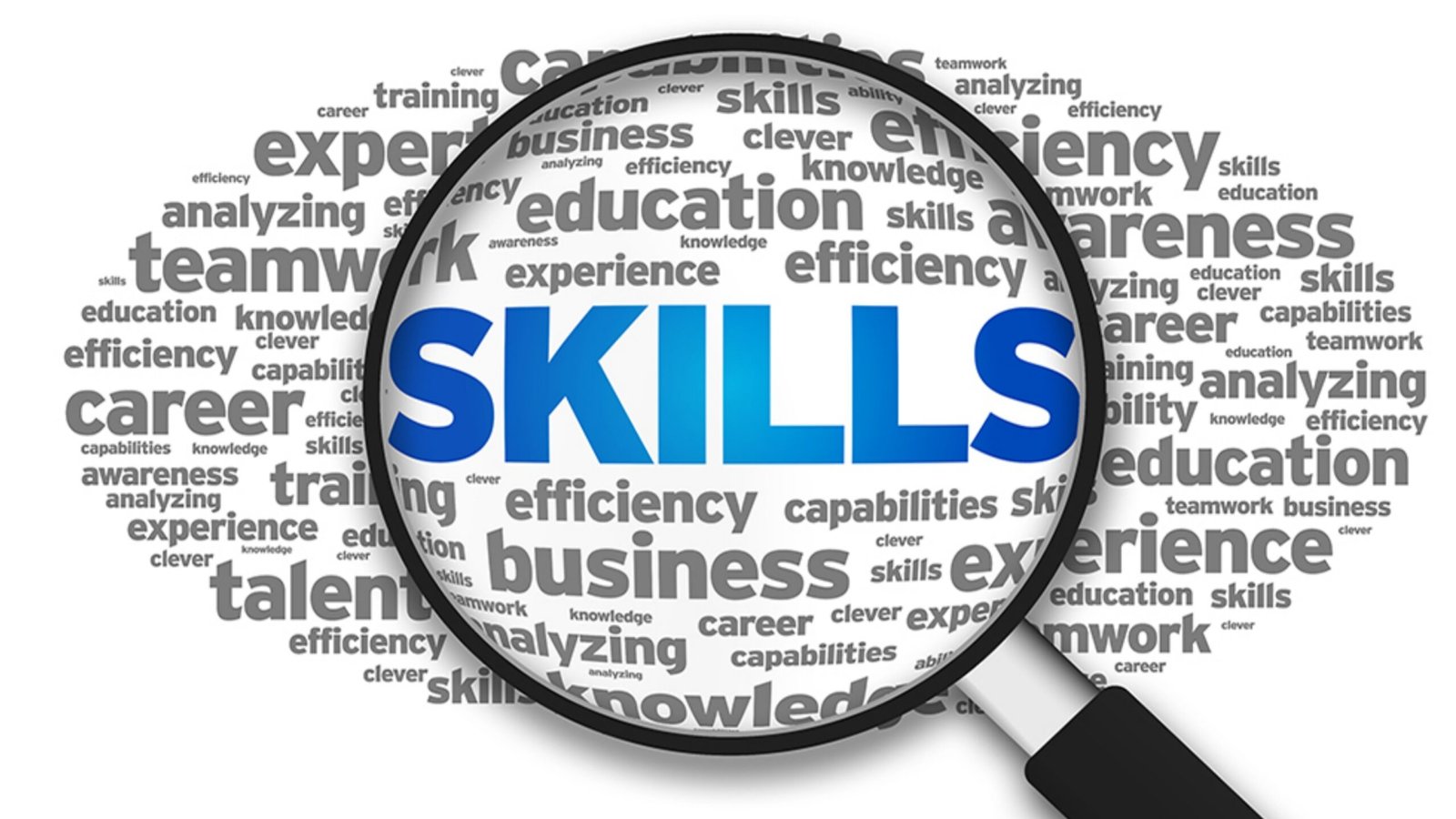Top Skills Students Need for Future Careers
Introduction: Preparing for a Rapidly Changing World
In today’s fast-evolving job market, academic knowledge alone is no longer enough. The rise of automation, artificial intelligence, and global connectivity is reshaping industries and redefining job roles. To succeed in this dynamic environment, students must develop a versatile set of skills that go beyond textbooks. Here are the top skills students need to build successful and future-ready careers.
1. Critical Thinking and Problem Solving
Employers across industries highly value the ability to think critically and solve complex problems. Students must learn how to analyze situations, evaluate information, and come up with creative solutions. These skills are essential not only for technical roles but also for leadership and innovation.
2. Digital Literacy and Technology Skills
As businesses continue to digitize, having strong digital skills is a must. Students should be familiar with tools like spreadsheets, coding basics, cloud platforms, and online collaboration tools. Understanding how to navigate and adapt to new technologies—such as AI, data analytics, and cybersecurity—is crucial in many future careers.
3. Communication Skills
Effective communication—both written and verbal—is key in any workplace. Students need to know how to express their ideas clearly, listen actively, and present with confidence. The ability to communicate across various platforms, including emails, reports, and virtual meetings, is increasingly important in remote and hybrid work environments.
4. Collaboration and Teamwork
Today’s professional world values teamwork. Whether in an office or remote setting, students must be able to work cooperatively with others, respect diverse opinions, and contribute to group success. Collaboration also includes emotional intelligence—the ability to understand and manage emotions in interpersonal interactions.
5. Adaptability and Resilience
The future is unpredictable, and adaptability is a key trait in thriving through change. Students must be open to learning new things, adjusting to different environments, and bouncing back from setbacks. Resilience builds confidence and helps individuals maintain focus during challenging times.
6. Creativity and Innovation
With automation handling routine tasks, creativity becomes a human superpower. Whether it’s designing new products, improving existing systems, or thinking outside the box, creativity fuels innovation. Encouraging students to explore, experiment, and imagine leads to breakthroughs in every field.
7. Leadership and Initiative
Future leaders need to be proactive, responsible, and capable of inspiring others. Students should develop leadership traits early by taking initiative, managing projects, or guiding group activities. These experiences help them build decision-making, responsibility, and motivational skills.
8. Global and Cultural Awareness
In a globalized world, understanding different cultures and perspectives is essential. Students who are culturally aware can work more effectively with international teams and contribute to inclusive work environments. This also includes language skills and global etiquette.
Conclusion: Equipping for the Future
As the job landscape continues to evolve, students must equip themselves with a blend of technical and soft skills. Schools, colleges, and parents play a crucial role in nurturing these abilities. By focusing on holistic development, students can future-proof their careers and thrive in any industry they choosejj.







